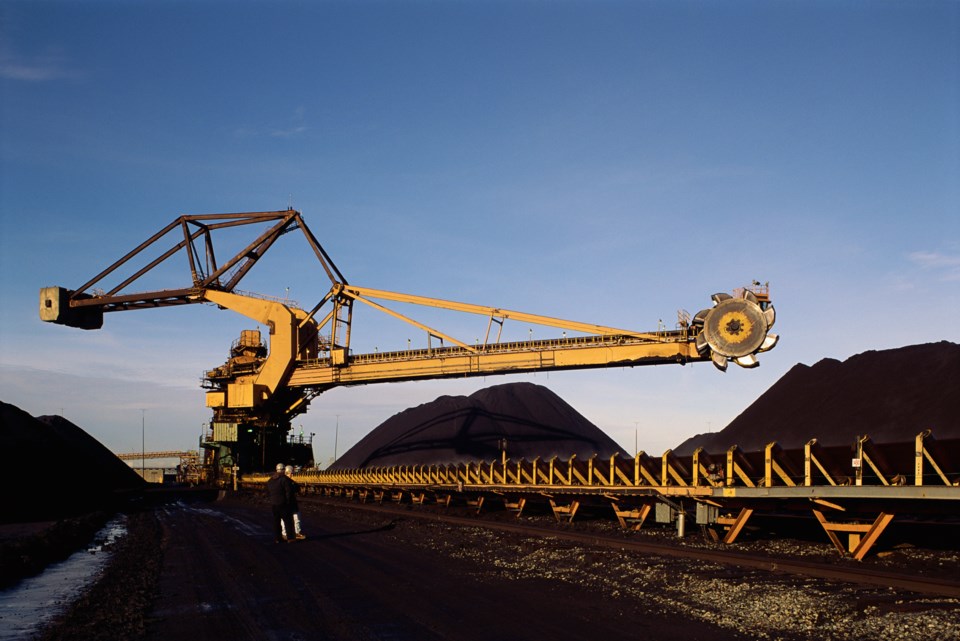Another climate conference has come and gone, this time in Dubai, United Arab Emirates.
There’s a growing sense of fatigue around these annual summits. After all, this was the 28th meeting and yet global greenhouse gas emissions — and temperatures — have continued to climb relentlessly. This year’s COP was viewed with particular skepticism because it was being chaired by Dr. Sultan al-Jaber, who is also the president of the country’s national oil company and attended by a record 2,456 fossil fuel lobbyists.
But against the odds, the conference succeeded in taking a faltering but hopeful step towards ending the fossil fuel era. The legal text that was agreed on Wednesday named fossil fuels as the cause of global warming and called for the world to “transition away” from them. While the text is weaker than many had hoped for and riddled with loopholes, inconsistencies, and empty platitudes, it is a clear call to action for Canada.
Canada is among the world’s worst polluters per head of population (second only to Saudi Arabia) and as a rich, industrialized country, with high historic emissions, it has a responsibility to lead the way in kickstarting this transition. But instead of transitioning away from fossil fuels, Canada has been doubling down on exporting them, including the dirtiest and most harmful of all: coal.
Whenever I take the ferry to Victoria from my home in Vancouver, I pass the massive coal port at Roberts Bank and am always struck by the number of hulking ships, many of them coal-laden barges, their cargo destined for the distant furnaces of power stations in Asia. In fact, a record amount of thermal coal was exported from B.C. ports in 2022. At the Port of Vancouver alone, thermal coal exports skyrocketed 67% from just two years before.
Coal is a major cause of the climate crisis that has seen B.C. hammered by wildfires, heatwaves, and floods in recent years. According to the International Energy Agency, greenhouse gas emissions from burning coal are the "single largest source of global temperature increase."
Not only does coal burning contribute to the global climate crisis, but it also destroys people’s health. Air pollution from coal plants has been linked to chronic heart and respiratory disease and a host of other illnesses. Burning thermal coal is estimated to be responsible for more than 800,000 early deaths every year.
Coal has no place in a world serious about tackling the climate crisis. All pathways to 1.5 Celsius see its use rapidly declining in the next decade. Countless jurisdictions around the world have accepted this as a fact and taken action to generate electricity from clean and renewable sources.
To the federal government’s credit, it has in some ways played a leading role. It phased out burning coal as a source of electricity domestically and clamped down on the development of new mines. Internationally, Canada co-founded the Powering Past Coal Alliance, a coalition advancing the transition away from coal around the globe.
In 2021 the Liberals promised to ban thermal coal exports. It was a commitment that reflected the wishes of many of us in the Lower Mainland and seemed like an easy win for both the climate and our health. Canadian voters trusted the government to act quickly to combat the climate crisis.
Unfortunately, over two years into this government’s mandate there has been next to no progress on this key commitment. And amid a rash of new climate commitments announced around COP28, including a new nature accountability act, rules to reduce methane emissions, and a framework for capping emissions from the oil and gas sector, the silence on coal was deafening.
The COP28 consensus on the need to transition away from fossil fuels, with its restated call to phase down coal power, adds further pressure on the federal government to deliver on its promise to ban coal exports.
If they don’t, there are signs that opposition parties could try to force their hand. The NDP and Bloc have been working across party lines to build momentum on this issue, rather than waiting around for the Liberals to finally act.
A transition away from fossil fuels is essential if we are to avoid the worst impacts of climate change and fulfil Canada’s international climate commitments. At COP28 the global community finally acknowledged this fact. Now Canada must act. Delivering on its long overdue commitment to ban exports of thermal coal is a no brainer. We can’t claim to be a climate leader on the world stage while continuing to export the world’s dirtiest fossil fuel from B.C.’s ports.
Alan Andrews is the program director of climate at Ecojustice, Canada’s largest environmental law charity.




